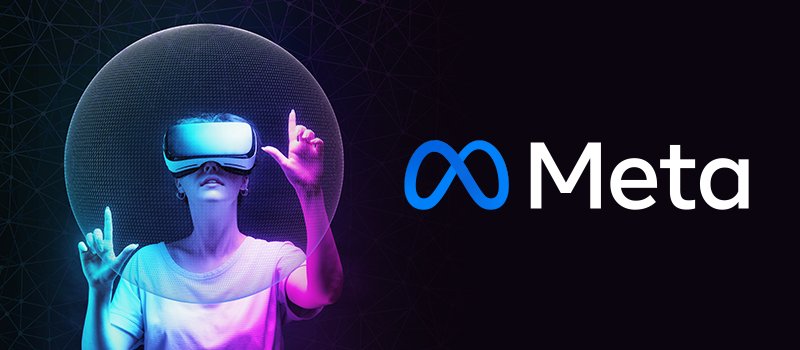
In the ever-evolving landscape of technology, a new phenomenon is capturing the imagination of millions: the metaverse. This virtual realm, often depicted in science fiction and video games, is becoming a tangible reality thanks to advancements in augmented reality (AR), virtual reality (VR), and blockchain technology. Let’s delve into the latest developments and implications of the metaverse trend.
What is the Metaverse?
The metaverse is a collective virtual space that encompasses virtual reality environments, augmented reality experiences, and online communities. It is envisioned as a fully immersive digital universe where users can interact with each other and digital objects in real-time, transcending physical limitations. From virtual concerts and art exhibitions to virtual workplaces and social gatherings, the metaverse offers endless possibilities for creativity and collaboration.
Tech Titans Enter the Fray
Tech giants such as Meta (formerly Facebook), Microsoft, and Epic Games are leading the charge in developing metaverse platforms and ecosystems. Meta’s vision for the metaverse, articulated by CEO Mark Zuckerberg, revolves around building a connected virtual world that enables meaningful social interactions and experiences. Microsoft’s acquisition of Activision Blizzard signals its ambition to leverage gaming assets for metaverse development, while Epic Games continues to innovate with its Unreal Engine and Fortnite metaverse experiences.
Implications for Society and Economy
The emergence of the metaverse has far-reaching implications for society and the economy. On one hand, it offers opportunities for innovation, creativity, and connectivity, enabling new forms of entertainment, education, and commerce. Virtual events and conferences could become commonplace, reducing the need for physical travel and offering greater accessibility to global audiences. Additionally, the metaverse could revolutionize industries such as gaming, e-commerce, and remote work, unlocking new revenue streams and business models.
Challenges and Considerations
However, the metaverse also raises important questions and challenges. Privacy and data security concerns loom large, as users navigate virtual environments and interact with digital avatars. Questions of digital ownership and intellectual property rights require careful consideration, especially as virtual assets and virtual real estate gain value. Moreover, issues of digital inclusion and accessibility must be addressed to ensure that the benefits of the metaverse are accessible to all.
The Future of the Metaverse
Despite these challenges, excitement about the metaverse continues to grow, fueled by ongoing technological advancements and creative experimentation. From independent developers to established corporations, innovators are exploring the possibilities of this immersive digital frontier. As the metaverse evolves, it has the potential to reshape how we live, work, and play in the digital age, ushering in a new era of human interaction and experience.
As the metaverse trend gains momentum, it’s clear that we are only scratching the surface of what this transformative technology has to offer. With collaboration, innovation, and responsible stewardship, the metaverse has the potential to become a vibrant and inclusive digital ecosystem that enriches our lives in ways we have yet to imagine. Stay tuned as we continue to explore this exciting frontier of technology and human creativity.

